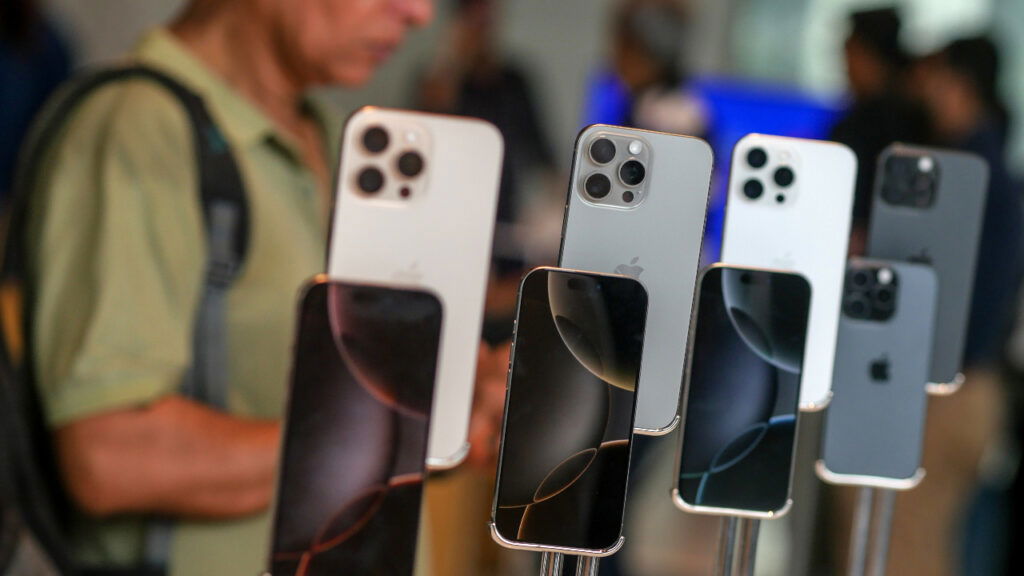
ITC Rules BOE Infringed on Samsung OLED Trade Secrets—Potential U.S. iPhone Import Ban Looms
Share
A major shakeup could be coming to Apple’s supply chain following a preliminary ruling from the U.S. International Trade Commission (ITC) that found BOE—China’s top display maker—guilty of misappropriating OLED trade secrets from Samsung Display, as reported by ETNews.
What’s the Case About?
Samsung filed a complaint in October 2023 alleging that BOE and seven of its subsidiaries used stolen trade secrets to produce OLED panels. The ITC now says there’s “a preponderance of evidence” proving that BOE manufactured these panels using improper methods, violating Section 337 of the U.S. Tariff Act.
The ITC has recommended:
-
A limited exclusion order (blocking U.S. imports of BOE OLED panels)
-
A cease and desist order (halting domestic sale of existing stock)
Why This Matters for Apple
Apple currently uses BOE OLED panels in:
-
iPhone 15 / 15 Plus
-
iPhone 16 / 16 Plus / 16e
The potential ban could:
-
Disrupt supply of certain iPhone models
-
Halt sales of iPhones already in U.S. warehouses that contain BOE displays
-
Force Apple to shift orders to Samsung Display or LG Display (which are more expensive)
It’s still unclear whether the import ban would apply only to raw BOE panels or extend to finished iPhones assembled overseas.
What’s Next?
-
Final ruling: Expected November 2025
-
Presidential review period: 60 days after final ruling
-
Apple, BOE, and Samsung will all be watching closely
Apple & BOE: A Complicated Past
-
Apple previously cut BOE orders after unauthorized design tweaks to iPhone 14 panels
-
Recently, Apple reportedly approved BOE only for Chinese iPhone 17 Pro units due to poor panel performance for global models
-
BOE was aiming to become Apple’s top MacBook display supplier in 2025
This ruling may severely damage that trajectory.
Who Stands to Gain?
If BOE is sidelined:
-
Samsung Display (already supplying foldable iPhone displays) and
-
LG Display
will likely absorb the demand—strengthening their grip on Apple’s display business.
This case could mark a turning point for Apple’s sourcing strategy and underscores the high-stakes nature of tech trade disputes—especially as the next generation of iPhones and foldables approaches.

